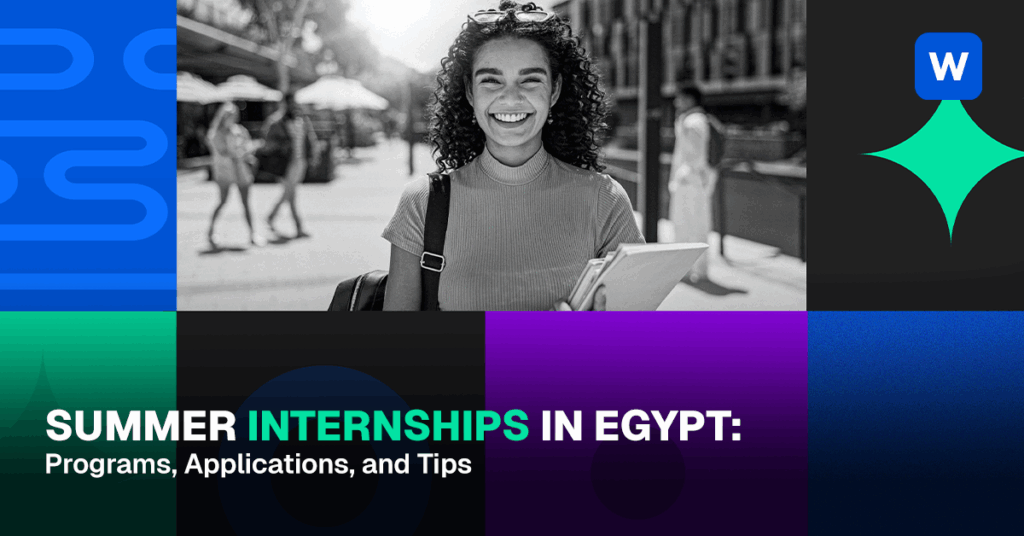Thinking about starting in customer service? That’s awesome! It’s a fantastic way to learn people skills, get work experience, and begin your career journey. But first, you need to rock that interview.
This guide covers the most popular customer service interview questions and shows you how to answer them confidently.
What to Expect During a Customer Service Job Interview?

Good preparation really helps with any job interview. Hiring managers want to see more than just what you know; they’re checking how you communicate, handle stress, and connect with people.
Most customer service interviews include:
- Personality Questions: These help recruiters get a sense of who you are.
Behavioral Questions: Used to understand how you handled past Use the STAR method (Situation, Task, Action, Result) to structure your answers.- Situation – Set the scene
- Task – What needed to be done
- Action – What you did
- Result – What happened in the end
- Situational Questions: Hypothetical “what would you do if…” scenarios to test how you’d react on the job.
- Skills & Role-Specific Questions: Check your ability to handle tasks and tools involved.
If you’re new to the field or want a clearer understanding of the role, start by reading our introduction to what customer service is and why it matters.
Top Customer Service Interview Questions (and How to Answer Them)
Here are some frequent questions and how to handle them well:
1. “Tell me about yourself.”
Keep it brief and focused. Share your background, any people experience (volunteering, school activities), and your interest in customer service.
“I’m a business graduate who enjoys problem-solving and working with people. During college, I was part of a student union committee, which helped me develop strong communication skills. I’m now looking for a customer service role where I can keep learning and helping customers.”
2. “What does customer service mean to you?”
Talk about what excellent service looks like. Focus on listening, being patient, and communicating clearly.
“To me, customer service means being available, attentive, and proactive. It’s not just about fixing problems—it’s about making sure the customer feels heard and respected.”
3. “How would you handle an angry customer?”
Use the STAR approach here.
“In my university project group, one teammate was upset about the workload. I listened calmly, acknowledged his concern, and offered a solution that worked for everyone. If I were dealing with a customer, I’d do the same: listen, stay calm, empathize, and offer solutions without escalating the situation.”
4. “Describe a time you resolved a tough issue.”
Pick an example where you really made a difference.
“During my internship, a customer was mad about a service delay. I said sorry genuinely, talked to the right team, and kept updating the customer. Eventually, we fixed everything, and the customer even sent a nice thank-you message.”
5. “How do you manage multiple requests?”
Talk about organization tools (like lists or schedules) and staying organized.
“I organize tasks by importance and make sure to update every customer regularly. I also write notes so I remember all the important details.”
6. “Have you used any customer service systems?”
If you haven’t used CRM tools, it’s okay, just show that you’re eager to learn.
“I haven’t used CRM systems yet, but I’ve looked into tools like Zendesk and Freshdesk, and I’m sure I can pick them up fast.”
7. “Describe a time you worked with a teammate to solve a problem.”
Choose a story that shows you value teamwork and understand emotions.
“In a college club, we couldn’t agree on an event plan. I suggested mixing both ideas and asking the whole group. We ended up creating one of our most successful events.”
8. “Why do you want this role?”
Show that you’ve researched the company and are genuinely interested.
“I admire your company’s focus on customer care, and I’m excited to grow in a role where I can learn from a strong team and contribute to great service.”
If you’re exploring multiple roles, it’s helpful to also review telesales interview questions to compare expectations and prepare accordingly.
5 Tips to Prepare for Your Interview
A little preparation goes a long way. Here are some simple steps to help you walk into your interview feeling confident:
- Research the company, including what they do, who their customers are, and their values.
- Practice your answers aloud, especially with the STAR format.
- Review customer service terms like ticket, escalation, CRM, and feedback.
- Practice mock scenarios (like handling a complaint or helping a confused caller).
- Stay calm and confident. Your tone and attitude matter as much as your words.
What Do Recruiters in Egypt Look For?
Companies in Egypt typically look for:
- Bilingual communication skills (Arabic + English)
- Patience and emotional control
- Team spirit and reliability
- Ability to learn new tools quickly
- Enthusiasm and willingness to grow
Not sure how customer service differ from telesales? Check out our detailed comparison of the two jobs here.
Bonus: Questions You Should Ask Your Interviewer as a Fresh Graduate
Don’t leave the interview without asking some questions of your own. Here are a few ideas:
- “What does a typical day in this role look like?”
- “How will my performance be evaluated?”
- “Is there any training provided for new employees?”
Conclusion
Customer service interviews aren’t just about perfect answers; they’re about showing you’re calm, caring, and flexible. Use real stories, prepare thoroughly, and demonstrate you’re ready to help people.
If you’re applying through WUZZUF, don’t forget to utilize their useful tools, which include practice sessions, sample responses, and interview guidance. You can do this!
Ready for your next Career Step?
Explore the best Jobs and Internships in Egypt and Saudi Arabia on WUZZUF Today!

